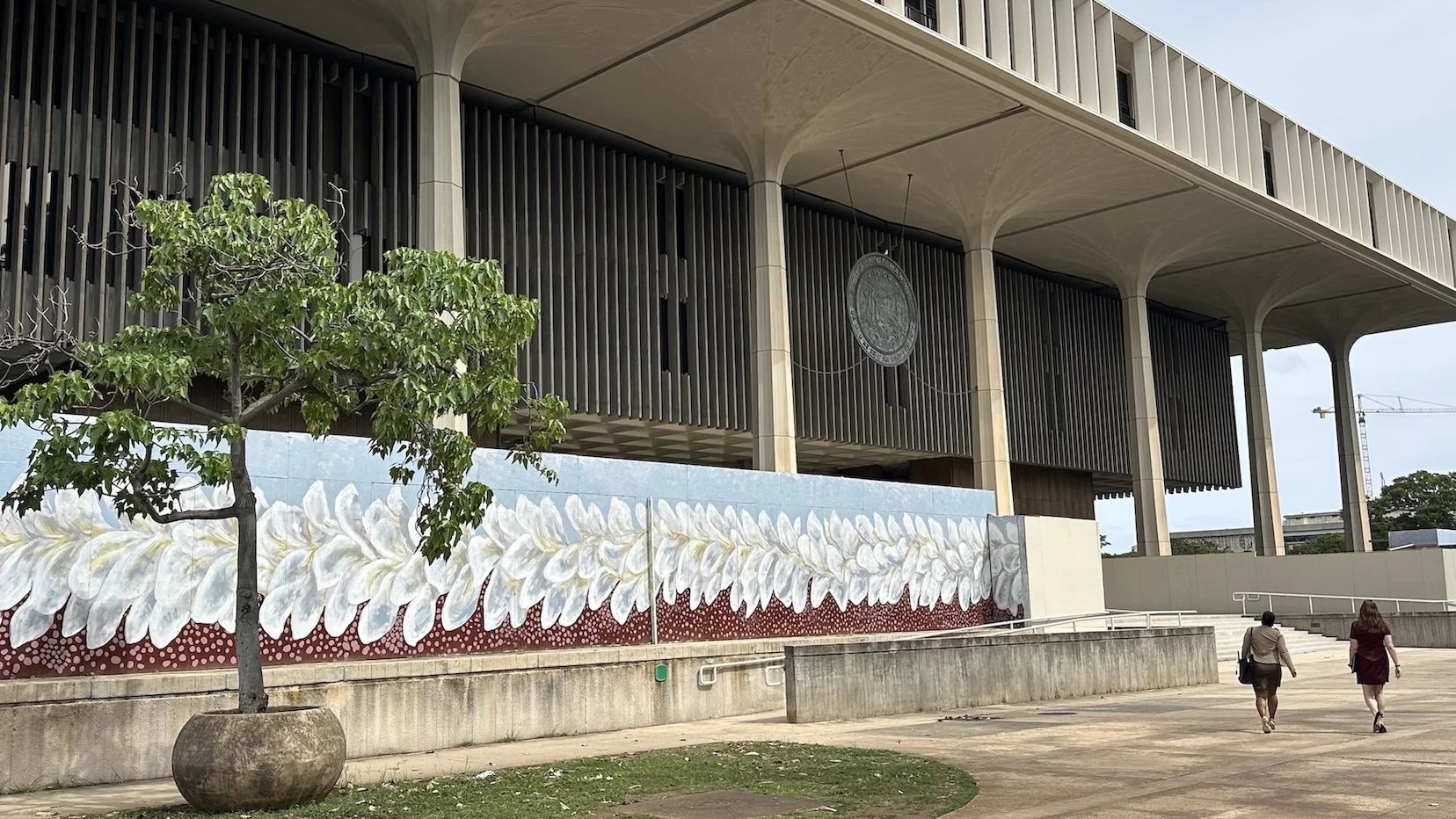In our state, we have a civil service system that is supposed to protect workers. Workers are not to be fired unless the employer has “cause,” or a good reason, to fire them. But, as we will see, the system that has built up around this principle is now broken.
Under most of the union agreements with governmental employers that are now in place, an agency can suspend the employment of a worker for up to 30 days if they think that worker did something bad. The agency can then investigate and terminate the worker if it has cause to do so. The worker, then, has a chance to file a grievance against the firing and have the matter heard by an arbitrator.
If the agency needs more time than 30 days to conduct its investigation, it needs to resume paying the worker. A worker in this situation either can be told to go back to work either in the same job or a similar job, or is put on “administrative leave,” like paid vacation. Administrative leave means that the worker doesn’t come to work, but is still paid, and earns the same benefits as if he or she were still working. If the class of employees of which the worker is a part receives a union-negotiated raise, for example, the worker gets that raise too. The worker also earns vacation days, sick days, and service credit that figures in to his or her pension when the worker retires.
This system apparently was designed to encourage agencies to conduct their investigations quickly and then make up their minds quickly about what action, if any, to take against the worker.
That hasn’t happened in many instances.
In July 2024, Civil Beat reported that many of these investigations were taking months or years. Between 2020 and 2023, the Hawai‘i Health Systems Corporation had at least 120 workers on paid administrative leave for an average of 2½ months each. The Hawai‘i Department of Education had at least 70 workers in that situation for an average of 10+ months each. The Hawai‘i Department of Health had at least 30 workers on paid administrative leave for an average of 10 months each. The total salary cost to taxpayers just from these agencies is $6.3 million. For zero productivity.
And those are just the average cases. Civil Beat, in a follow-up report, mentioned the case of an employee of the Honolulu Prosecuting Attorney’s office who was accused of claiming $12,000 of faked mileage reimbursements. The investigation into his case has dragged on for five years, costing taxpayers upwards of $300,000. It is unfathomable how an investigation into misconduct, in an office that is full of investigators and attorneys whose job it is to build cases against wrongdoers, could be allowed to take that long.
Perhaps the problem is that government agencies don’t feel invested in the outcome. After all, it’s not their money that is being wasted here; remember, government agencies don’t pay taxes, taxpayers pay taxes. People further up the food chain need to be accountable for debacles like these.
But why does agency leadership have to be invested in the fate of one or two allegedly bad apples where the agency employs hundreds or thousands? The answer is morale. Who wants to slave and toil at an agency where a coworker who allegedly did something bad is raking in the cash without the slaving and toiling?
Administrators of large agencies, especially, should be made to feel the pain even when a few million dollars here or there is only a small fraction of the agency’s total budget. That few million dollars certainly can be better used elsewhere.
Tom Yamachika is president of the Tax Foundation of Hawaiʻi. Reprinted with permission.
For the latest news of Hawai‘i, sign up here for our free Daily Edition newsletter!





